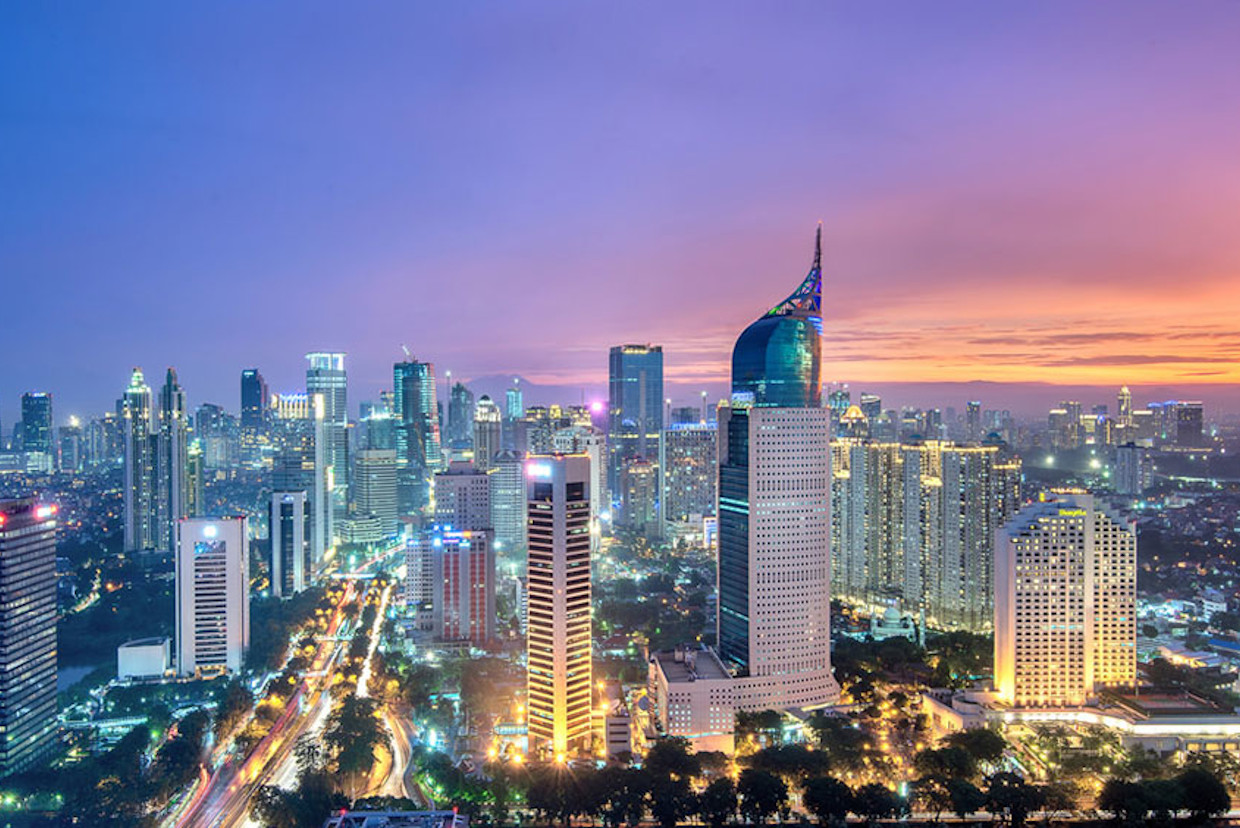Whether you live in the city, the countryside or by the sea, you have probably noticed the loss of biodiversity. Perhaps fewer birds are visiting your urban feeders, larger mammals are less common in the fields and forests around you, or your fish catches are declining.
What we are all seeing is a potentially catastrophic loss of the biodiversity upon which entire ecosystems depend.
Global Efforts to Protect Nature
To slow the destruction of nature, delegates to the 2022 United Nations Conference on Biological Diversity in Montreal, Canada, focused on reversing the rapid decline of animal, plant and insect populations. The conference, also known as COP15, worked to create a new global agreement to protect biodiversity.
UN Secretary General António Guterres told delegates in his strongly worded opening speech that “humanity has become a weapon of mass destruction”. Guterres added to the pressure on participants, describing the conference as “our chance to end this orgy of destruction”.
The destruction Gueterres refers to is global and massive. According to the UN’s Global Land Outlook, more than a million species are currently threatened with extinction, and they are disappearing at a rate not seen in 10 million years. Up to 40 percent of the Earth’s surface is considered degraded.
A study by the International Union for Conservation of Nature concluded that human activities in food production, infrastructure, energy and mining are responsible for 79% of the impacts on endangered species.

Creating a nature-positive economy
Only by fundamentally changing these systems can we move from destructive human activity to a nature-positive economy. The World Economic Forum’s New Nature Economy Report II outlines a series of transitions that will reverse the loss of nature and pull us back from the brink. Without these changes, the world will irreversibly lose biodiversity, with far-reaching effects on the economy and all life on Earth.
The report sternly warns of the dangers we create by destroying nature, arguing that “$4 trillion in economic value creation – more than half of the world’s total GDP – is potentially at risk because business depends on nature and its environmental services”.
The World Economic Forum’s 2022 Global Risks Report ranked biodiversity loss as the most important threat to humanity over the next 10 years. will bring trillions of dollars of new economic opportunities and create more than 100 million jobs.

These transitions are:
1. Compact built environment
Dense urban development frees up land for agriculture and nature. It can also reduce urban sprawl, which destroys wild habitats and flora and fauna. Strategic densification of existing cities and residential areas should be considered. Conservation and management projects should be created to protect biological diversity in areas exempted from development. This transition will create a $665 billion opportunity and create 3 million jobs by 2030.
2. Nature-positive built environment
These built environments share space with nature. They are less human-centric and put biodiversity at the heart of project planning. The purpose of the infrastructure is to avoid or minimize the destruction of nature, and all buildings are energy and resource efficient. Development projects should include nature-friendly spaces and eco-bridges that connect urban wildlife habitats. These built environments represent a $935 billion opportunity and the potential to create 38 million jobs by 2030.
3. Planet-friendly urban facilities
To stop biodiversity loss, we need facilities that effectively manage air, water and solid waste pollution in urban environments. In addition to benefiting nature, it ensures universal access to clean air and water for people. Smart sensors and other technologies of the Fourth Industrial Revolution can transform urban facilities and make them compatible with the planet. Their creation could provide a $670 billion business opportunity and create 42 million jobs by 2030.
4.Nature as Infrastructure
This change involves linking nature’s ecosystems into settlements. Instead of development destroying floods, wetlands and forests, they would form an important part of newly built environments. This approach to development can also help ensure clean air, purify natural water and reduce the risk of extreme climate events. The business opportunity using nature as infrastructure could reach $160 billion and create 42 million jobs by 2030.
5. Nature positive connection infrastructure
“Connection infrastructure” includes roads, railways, pipelines and ports. Changes in that area mean a change in approach to planning to reduce impacts on biodiversity and a willingness to accept trade-offs in terms of travel time and distance between origin and destination. The establishment of wildlife corridors and the transition to renewable energy in transport are key elements of nature-friendly connectivity infrastructure. Business opportunities could reach $585 billion, which could create 29 million new jobs by 2030.
Time to make peace with nature
The results of the COP15 Biodiversity Summit will shape the direction of humanity’s relationship with nature.
António Guterres urged delegates to overcome their differences and reach a consensus on protecting nature, telling the conference: “It is time for the world to adopt a comprehensive biodiversity framework – a true peace deal with nature – and deliver a green, healthy future for all.”
Source: WEF





Leave a Reply